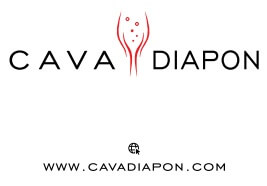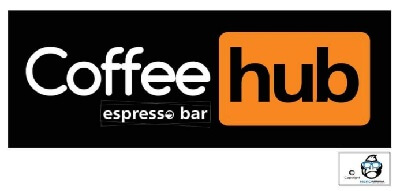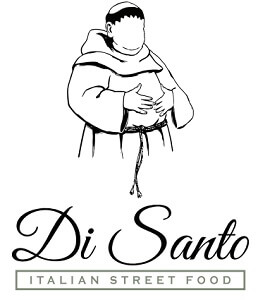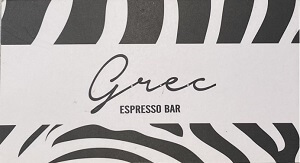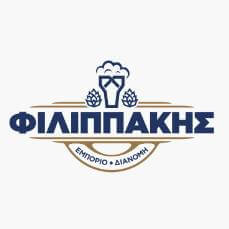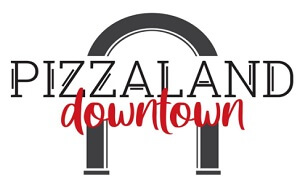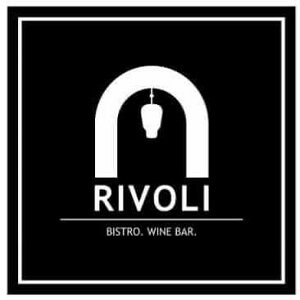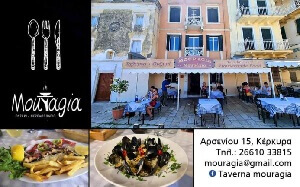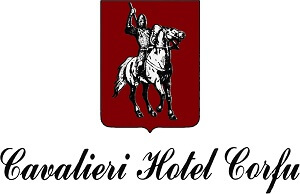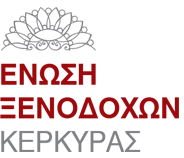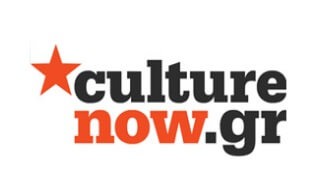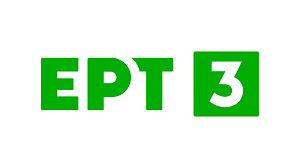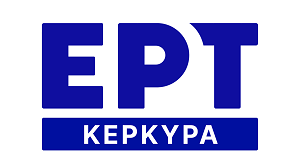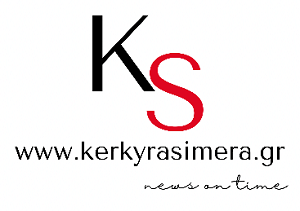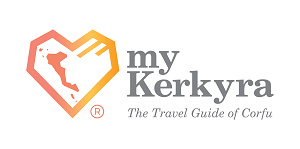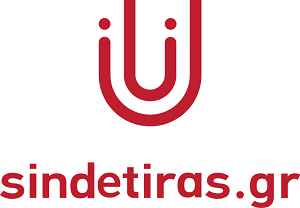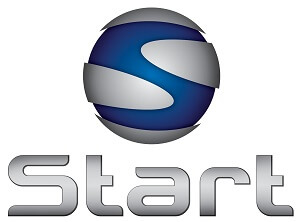This paper will present the work implemented as part of the “Escape through Culture”, a joint EU and Greek Research Foundation funded project that designs and develops an innovative infrastructure for digital escape games offering gamified experiences on site-related literary texts.
The digital escape games will be implemented as three distinct applications:
A. The Desktop Mode (DeskMode Web - VR), where the user will have the possibility of virtual tours in real or imaginary landscapes via "escape rooms" implemented as 3D 360 degrees panoramas.
B. The Generic Augmented Reality Function (AR Generic), where the user will benefit from the adjustability of the remote use. (AR) is called upon to co-operate with the literature, to complement and enrich the in situ experience and to stimulate the symbolic and mental perception of the landscape.
C. The in situ Augmented Reality Function (AR in situ), where gamification is provided through a mobile device in physical space. The user who chooses to play the game in situ is in direct communication with the landscape, experiencing and approaching it multisensorially.
To offer a variety of cultural experiences to the game users/players, the following methodological steps were taken: (a) elaboration of an enriched and enlarged in scope determination of the term cultural landscape so that it could function as a unifying concept of the diverse components of the proposed infrastructure (i.e. scenarios, escape rooms, gamified activities, literary landscapes, cultural experience); (b) specification of the gamification framework and its core elements that can better foster the cultural and educational aspects of the expected applications; (c) elaboration of a methodology for the compilation of the literary corpora and its digital processing with the aim to extract all relevant attributes of the literary landscapes that could be deployed in the various game constituents (i.e. identification of escape rooms, gamified elements such as puzzles, game ambiances, etc.).
The inherent qualities of the digital escape games indicate the adoption of escape environments - "escape rooms" as the main design framework. These "escape" environments refer to places of interest, as identified in the literary texts selected, which are grouped thematically, spatially and cartographically in order to urge the player/user to "unlock" the narrative sequences of the game. They consist of gamified structured entities which allow and encourage interaction with the player by combining two basic elements: the wandering through landscapes which are enriched by and via textual narration and puzzles which unlock contemporary images, sounds and memories of the landscape.
The research is based on theories of gamification and gaming development (Deci and Ryan 2004; Ertmer and Newby, 1993; Nicholson, 2015; Patrick and Williams, 2012), making also use of corpus linguistics concepts and digital humanities practices for the compilation and processing of language resources such as literary corpora (Andrzejewski and Salwa, 2020; Hoover, 20213; Underwood, 2016).
This paper will focus on the methodology adopted for the analysis of the literary texts collection and the conjunction of the extracted attributes of the on site-related literary landscapes with the design of the prototype digital games implemented for the city of Elefsina.
What is offered during the play of the game is a cultural experience that emerges through the involvement with the linguistic and spatial symbols that are used in the literature, the virtual or physical tours, the contact with the objects that are included in the spaces and the desire for visitors to experience new, alternative cultural forms and landscapes.
References
Andrzejewski, A., and M. Salwa (2020). The Ontology of Landscapes. Rivista di estetica, vol. 75, pp. 164-182.
Deci, E. and R., Ryan (2004). Handbook of Self-Determination Research. Rochester, NY: University of Rochester Press.
Hoover, D. L. (2013). Textual analysis. In R. Siemens, and K. M. Price (Εds.), Literary Studies in the Digital Age: An Evolving Anthology, MLA Commons.
Nicholson, S. (2015). A RECIPE for Meaningful Gamification. In C., Martin, A., Ochsner and K., Squire (Eds.). GLS 8.0. Conference Proceedings 2013, 223-230. Pittsburgh, PA: ETC Press.
Patrick, H., and G. C., Williams (2012). Self-determination theory: its application to health behavior and complementarity with motivational interviewing. The International Journal of Behavioral Nutrition and Physical Activity, 9, 18.
Underwood, T. (2016). Distant Reading and Recent Intellectual History. In M. K. Gold and L. Klein (Eds.), Debates in Digital Humanities. Minneapolis: University of Minnesota Press.
Spiros Papadopoulos is an architect and media artist. He is Professor of Architecture and Time Based Media at the Department of Architecture of the University of Thessaly (UTH) and the Director of the Laboratory of Environmental Communication and Audiovisual Documentation (LECAD-UTH). His research interests focus on interactive environments, audiovisual culture and ICTs in education. He is actively involved in audiovisual media and multimodal design in the fields of architecture and visual arts, researching the interdisciplinary interaction among contemporary urban design issues and new technologies. His work has been presented at several exhibitions, documentary festivals and international conferences.
Back
SPONSORS
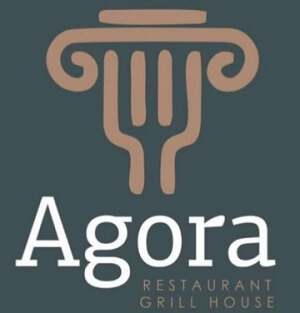 Agora Restaurant Grill House
Agora Restaurant Grill House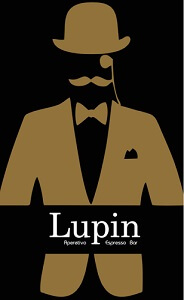 Lupin Aperitivo Espresso Bar
Lupin Aperitivo Espresso Bar


